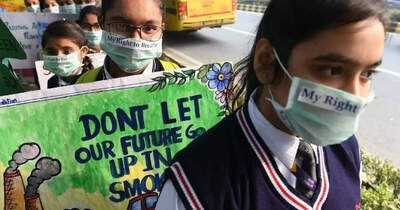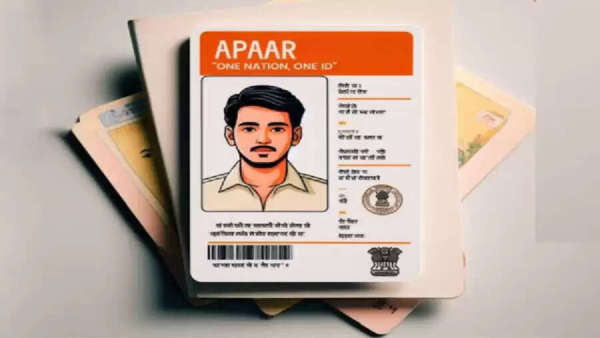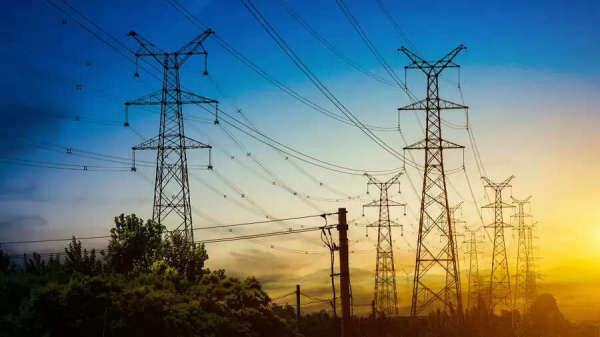
On Wednesday, the Supreme Court called on the Commission for Air Quality Management to consider advising schools in Delhi and the surrounding National Capital Region to postpone sports events planned for November and December to months with better air quality.
During the proceedings, amicus curiae Aparajita Singh pointed out that children are particularly vulnerable to pollution, stating that conducting sports activities now is akin to placing them in hazardous environments.
An amicus curiae serves as an advisor to the court, providing insights without being a party to the case.
The court mandated that air pollution issues in the capital be reviewed monthly to ensure that authorities are implementing necessary measures.
Additionally, the judges instructed legal representatives from the states within the National Capital Region to gather information regarding the payment of subsistence allowances to construction workers impacted by pollution-related restrictions.
Since mid-October, the city has been experiencing air quality categorized as 'poor' or worse, prompting the implementation of Stage 3 restrictions under the Graded Response Action Plan (GRAP) on November 11.
Stage 3 restrictions include a halt on non-essential construction activities and the closure of stone crushers and mining operations, alongside previously established measures from Stages 1 and 2.
These restrictions also involve transitioning primary schools up to Class 5 to a hybrid learning model, allowing parents and students to choose between in-person and online classes where available.
Earlier this week, the Supreme Court rejected a plea for year-round restrictions under GRAP, asserting that the national capital cannot be immobilized in the fight against air pollution.
Air quality in Delhi typically worsens during winter, often ranking it as the most polluted capital globally. The drop in temperature leads to a layer of cold air that traps pollutants close to the ground, preventing their dispersion.
Contributors to this pollution crisis include stubble burning in Punjab and Haryana, the use of firecrackers, vehicular emissions, lower temperatures, reduced wind speeds, and discharges from industries and coal-fired power plants.
In the first half of November, Delhi has already recorded three days of 'severe' air quality.
The air quality index (AQI) categorizes air quality levels: an index value of 0-50 indicates 'good', 51-100 is 'satisfactory', 101-200 is 'moderate', 201-300 is 'poor', 301-400 is 'very poor', and values above 400 are classified as 'severe'.
When the AQI falls into the 'severe' category, it signifies hazardous pollution levels that can pose significant health risks even to healthy individuals.
-
An e-passport system is about to be implemented in the country. Will old passports be invalidated?

-
So many lakh Anganwadi children will receive the Apaar Card, learn about its benefits.

-
In response for complaints of electricity theft, the government has created a unique app.

-
How can you withdraw your money from dead bank accounts? Learn about this important information.

-
Who has the higher rank between the ADM and SDM? Find out who holds what power?
